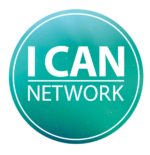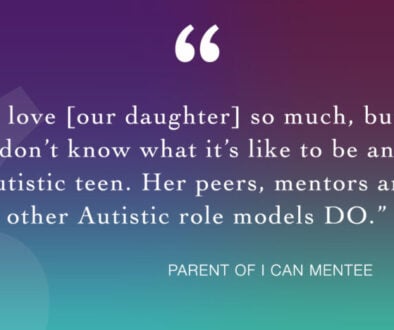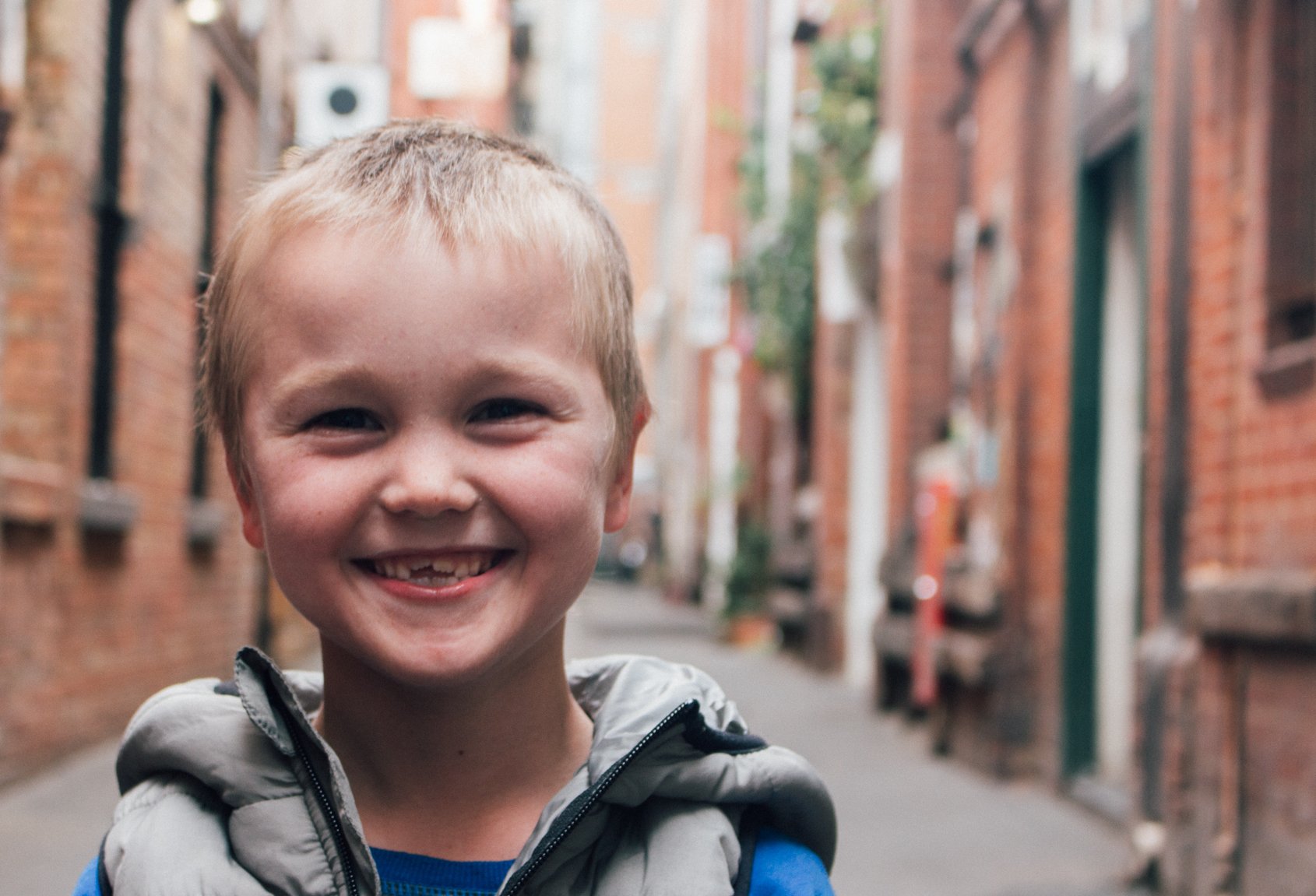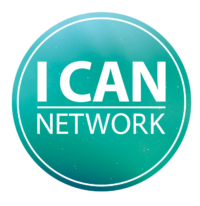AUTISM & CO-OCCURRING CONDITIONS: INSIGHTS & TIPS FROM AUTISTIC YOUNG ADULTS
Many Autistics are “multiply neurodivergent” — that is, having more than one neurologically (brain)-based difference, such as being Autistic and having ADHD or being Autistic and dyslexic. Below are some insights and tips from young adults, members of our team with that lived experience.
For our younger peers:
* Knowledge is power! It can be really valuable to understand how your brain processes the world, including why some things might be so much harder, why other things might be easier, why some things are more vibrant or intense.
* There are common features of ADHD and Autism – for instance, the ability to hyperfocus on areas of great passion – that can be massive strengths.
* Likewise, being creative, “out-of-the-box” thinkers is another common feature often found in people who are Autistic, dyslexic and/or have ADHD or other neurodivergencies.
* Our challenges need understanding and support, too. You might be reluctant to ask for help, especially if you don’t want to further “stand out”, but it’s worth letting teachers and parents know what you are experiencing.
* There are lots of different ways to absorb information beyond reading. Videos (YouTube, Discovery Channel, Netflix, etc.) or hands-on projects at home related to a specific topic in a class can help bring them to life or reinforce content delivered in class. Ask your teacher if they have any recommendations, too.
* Some of the things that you find totally overwhelming right now might become easier as you mature and develop your own set of coping strategies.
* You are not alone! There are many people who are Autistic and “multiply neurodivergent,” including Greta Thunberg!
* You can pick up some encouragement and great advice from other people who have similar profiles and can relate to your experiences.
* Look for our “Humans On The Autism Spectrum” series on the I CAN website (www.icannetwork.com). For starters, check out the stories of Kyal, Caitlin, Rebecca, Camilla & Ayesha!
* We regularly share content (blogs, insights, life hacks) from multiply neurodivergent people on our I CAN Facebook page as well as links to other resources.
For the adults supporting neurodivergent young people:
* There can be a lot of overlap between conditions. Often, it takes time to get the right set of diagnoses. A young person needs support and understanding while those answers are being sought as well as after they are identified.
* When people treat any diagnosis as an invitation to make assumptions about a person – especially placing limits on what they think we can do – that can be really harmful.
* Our differences might present themselves as “bad behaviour” or lack of engagement when we are actually dealing with things like anxiety, low self esteem due to learning difficulties and/or sensory overwhelm.
* Mandatory “whole class” activities — like reading out loud to peers or spelling bees — can be humiliating and anxiety-inducing for a student who struggles in these arenas.
* It’s very important for adults of influence in our lives (especially parents & teachers) to create a positive environment and use encouraging language so that we don’t automatically associate our differences with deficits. We are already hard enough on ourselves as it is!
* Highlighting a young person’s individual strengths and not shining a public spotlight on their challenges can go a long way toward helping build that positive self image. – DOWNLOAD OUR 2-PAGE TIP SHEET HERE:


Related pieces and recommended resources from Autistic young adults on our team:
Nurturing Self-Esteem and Pride in Autistic Young People (for parents/carers, teachers and other adults of influence)
Important Resources & Reminders for Our Younger Autistic Peers
Thank you to the Department of Health & Humans Services (DHHS) Victoria for supporting the development of this tip sheet. You can fill out a survey on the effectiveness of this resource CLICK HERE. We appreciate your feedback.
Take care,
I CAN Team
